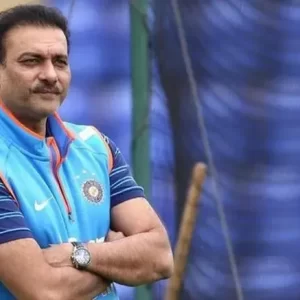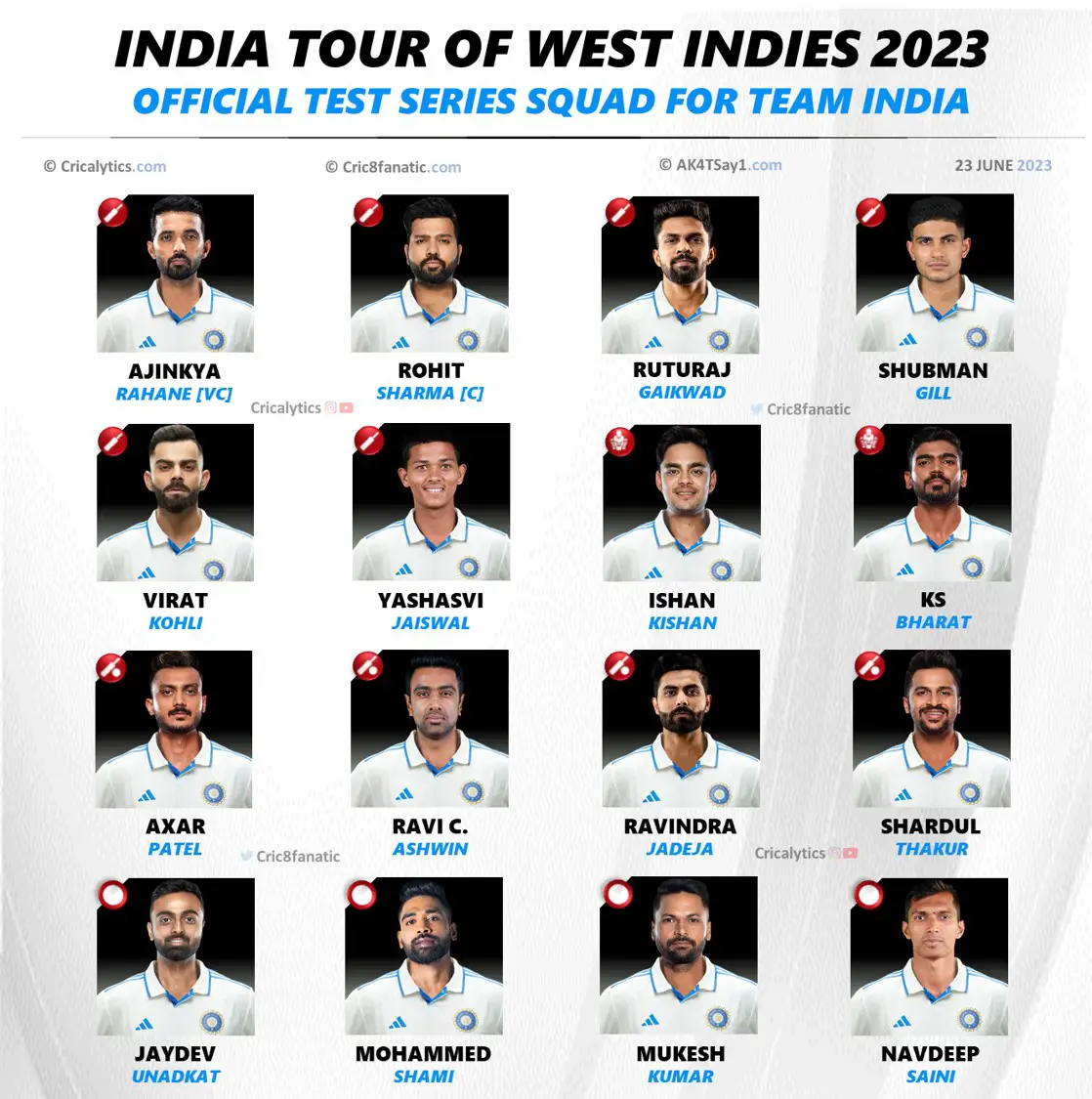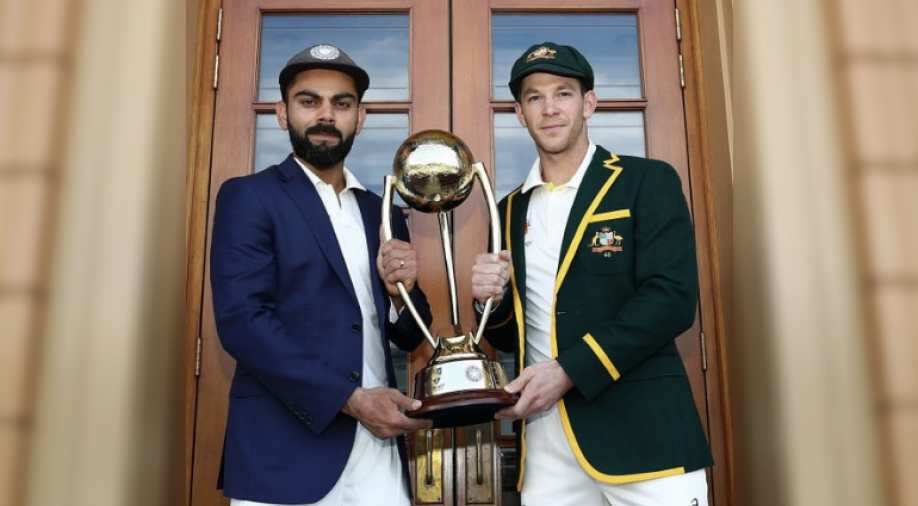Before you go on, if you can read about Ravi Shastri’s views on T20 and Sundar. Now, moving onto his views on T20.
“Yes, absolutely, there’s too much of bilateral stuff going on in T20 cricket,” Shastri said on ESPNcricinfo’s Runorder programme. “I’ve said that [before], even when I was the coach of India, I could see it happening in front of my eyes. It should go the football way, where, in T20 cricket, you just play the World Cup. Bilateral tournaments – no one remembers.
“I don’t remember a single game in the last six-seven years as coach of India, barring the World Cup. A team wins the World Cup, they will remember it. Unfortunately, we didn’t, so I don’t remember that either. Where I am coming from is: you play franchise cricket around the globe; each country is allowed to have their franchise cricket, which is their domestic cricket, and then, every two years, you come and play a World Cup.”
My take on T20 cricket
I do agree that most of us do not remember T20 games after a few weeks, be it IPL or international. Ideally, it must be a franchise tournament and nothing else but the compulsions of the game have turned a franchise game into an international event. A cricket aficionado will be able to recall a Test Match that was held in the 90s today, whereas, the same person will struggle to call a T20 game held last year. This is a format that do not test the ability of the batsmen and it is completely loaded in favour of them.
Moreover, every country ensures that the pitch is as flat as possible and that scores in excess of 160 are the norm. A delivery that is a millimetre down the legside is called a wide. The margin of error for the bowler is a big fat zero. However, the revenue that this format generates is substantial for any board. Young teenagers are attracted to T20 rather than Test Cricket. Now that there is a substantial interest for this format, there is bound to be bilateral series. It just isn’t possible to retain this format of the game in World Cups alone. There are quite a few reasons for that.
Match experience
First, in order to play in World Cup, the players must have match experience in this format. There are a lot of players in the world who do not play T20 regularly eventhough they do play for the countries. If one were to look at IPL closely, you can see that only the best players from other countries are hired by various franchises. Not all of them get to play games. There are cases where non-Indian players have gone entire season without playing a single game. You can point to the 4 foreign players only rule but it is not that significant. Actually, some of the players are bereft of gaining experience in T20. As a result, if T20 were to be a World Cup only event, players will feel cheated that they do not have sufficient experience and it is not possible to represent their countries without proper practice.
High revenue
Second, as explained above, the revenue from T20 is enormous. No country would want to miss out on that revenue. This game is usually played in the evenings which will help office goers and children to come back home and enjoy a game of cricket. This propels advertising earnings which inturn helps the home board. At a time, when ODI is on the way out and Test Cricket does not capture the imagination like T20, none of the boards can afford to stop playing the bilateral T20 series.
Over the last few years, there is an increase in the number of T20 bilateral games. There was a period when it was restricted to one per series but now there are standalone T20 series itself. The India vs South Africa series is a prime example. There were cases when Tests were dropped for a series of T20 games.
Team environment
Third, the players will want to be accustomed to a team environment before a major event like the World Cup. Ofcourse, most of the team have players who more or less play in all the formats but there are some specialists, it is quite substantial and for them, this is important. A group of players who have never played as a team in a particular format, is not likely to gel together. That will have a direct consequence on their performance.
T20 must replace ODI
Three formats for a game like cricket is one too many. Test Cricket, though it is struggling for recognition must stay because it certainly is the ultimate form of the game. ODI and T20 are in the same league. Neither is capable of being remembered after awhile. World Cup will be remembered but nothing beyond that. A Shane Warne or Murali getting to that 700th wicket had much more importance attached to it than a Rohit’s 264 in an ODI. Ideally, with T20s popularity, ODI must slowly be replaced with T20. It is already happening in a few countries. It is just a question of time before ODI is completely eclipsed by T20.
Conclusion to Ravi Shastri’s views on T20
Ravi has some views on almost all matters related to cricket. In this instance, though I agree with him principally but practically it is not possible. Having said that, I will not be in a hurry to dismiss his views on other matters. Namely, fitness. He may not have been the fittest in his playing days but he has seen the game evolve and how fitter other teams are when compared to Asian teams.



